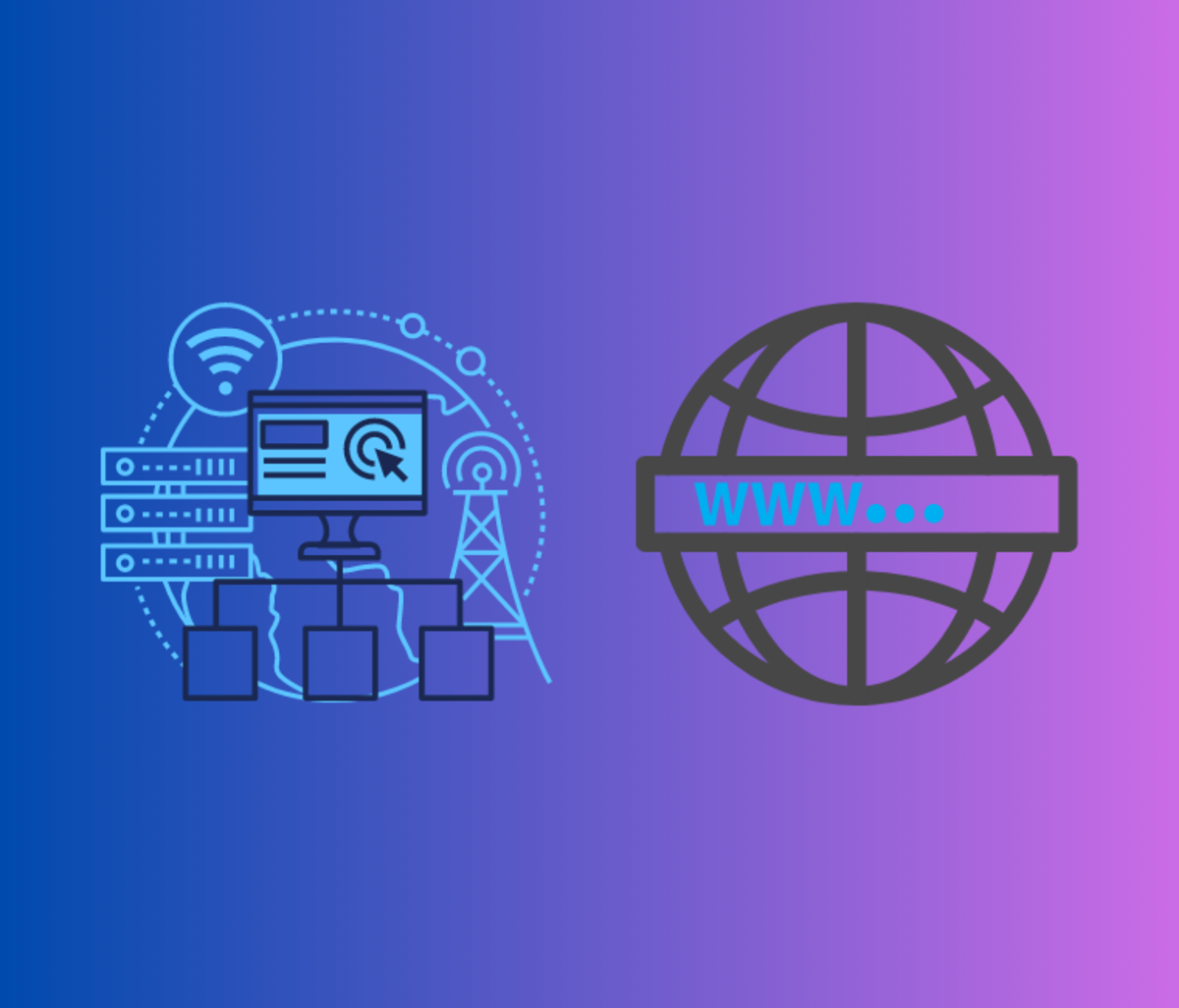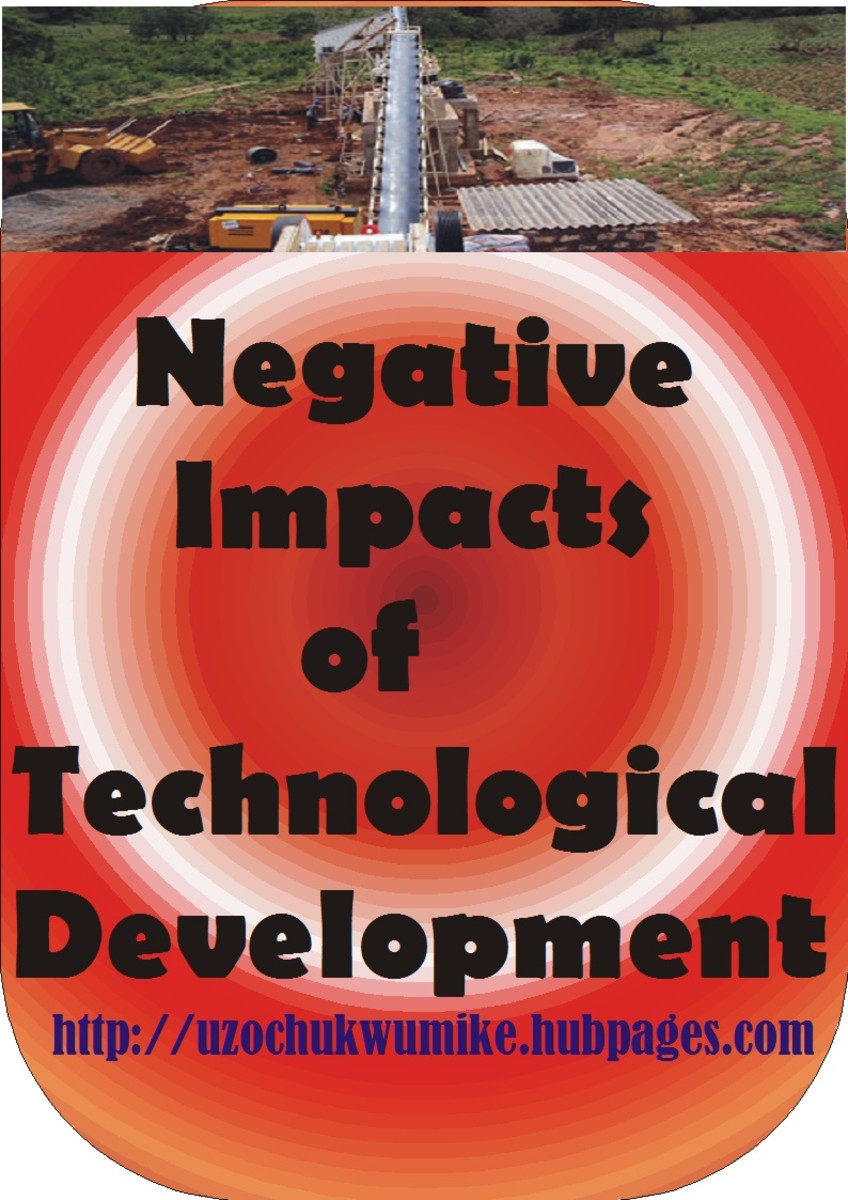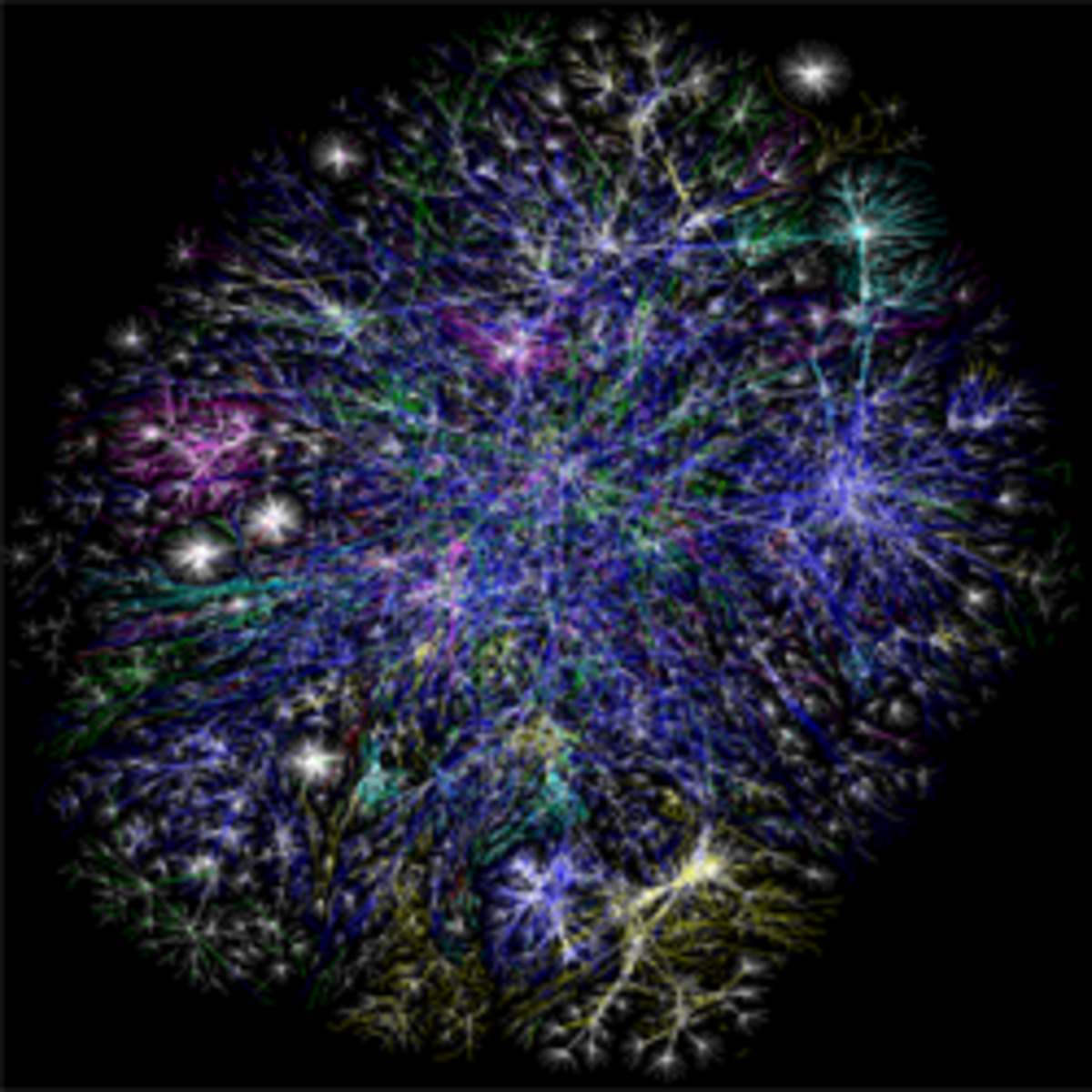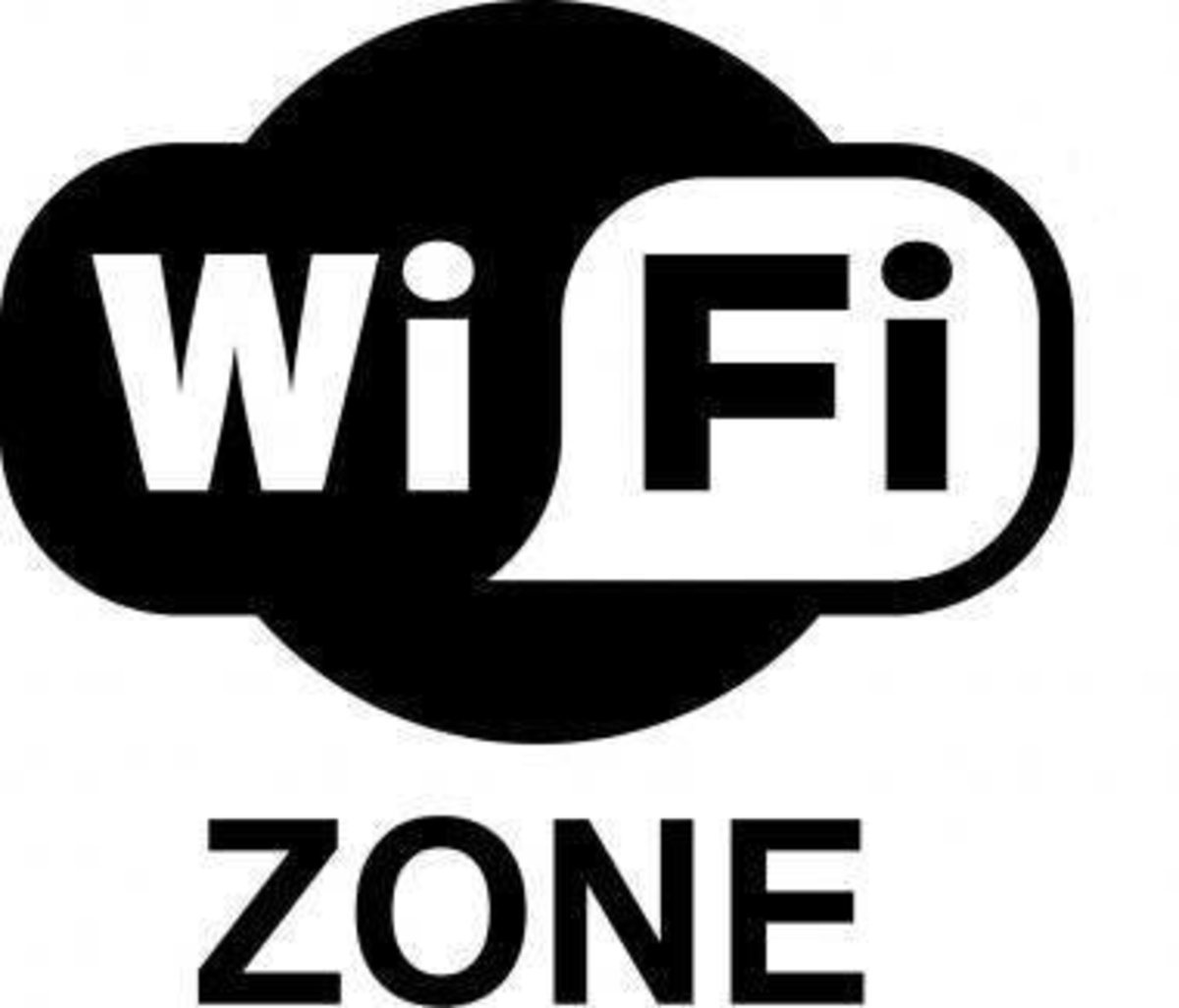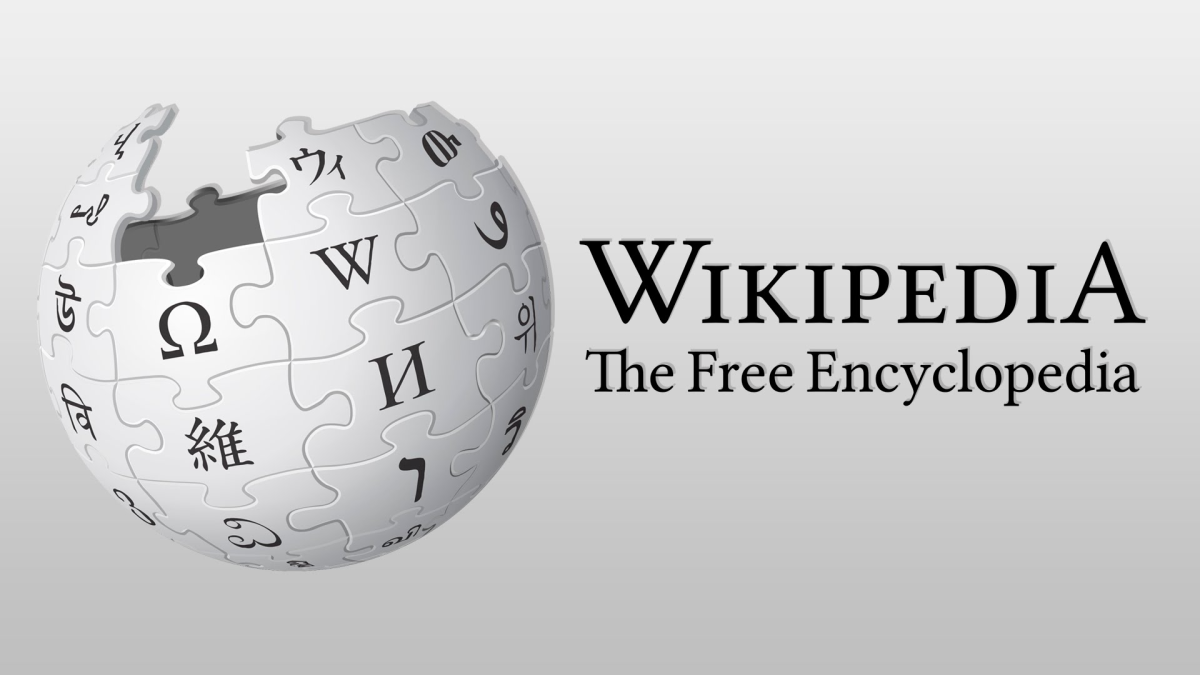Impact of the Internet: A Great Shift in Societal Values
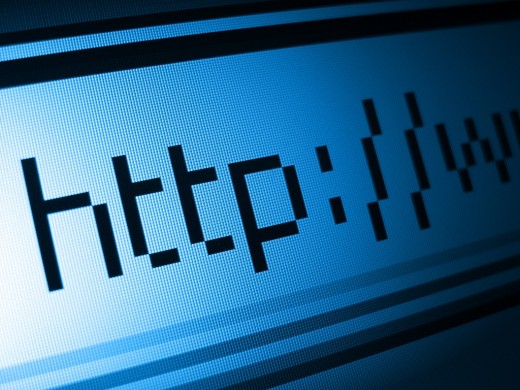
I've seen many changes in Societal Values over my relatively short lifespan, especially ones directly related to the use and implementation of technology such as computers, smartphones, and the Internet. Out of all of the great inventions of the 20th and 21st century, I would have to argue that the World Wide Web has single handedly created the greatest change in our Societal Values.
I've observed a great shift in culture and values toward embracing the Internet and most of its subparts. For the first time in history of humanity we can communicate across the globe in an instant, fact check an article in minutes, and share ideas with millions of people - all with a single piece of technology. The Internet and World Wide Web have even permeated Hollywood movies, television shows, and books and has even allowed people to get a college education while wear pajamas in the comfort of their own homes. Society has also seen a slow decline in the number of brick and mortar stores as people shift to purchasing more goods and services through the Internet.
The use of the World Wide Web is so commonplace that more than 75% of the US population now uses it. The Internet and World Wide Web has had such a profound effect on society that scholars have dubbed our period in history as the "information age." No other piece of technology has had a greater impact on Societal Values than the Internet and World Wide Web.
The Greatest Advancement in Technology: The Internet
To further make my earlier point I would have say that the greatest advances in Technological Wherewithal have been made in the ever increasing availability and capacity of the Internet and World Wide Web. Investments in infrastructure to support this new virtual world have increased at a phenomenal pace. We are at a point in time that it is essentially a necessity to have access to the Internet.
In the late 1990s only one third of American households had computers in their homes. Of those lucky few, only half of them had access to the World Wide Web. In less than 15 years the amount of people in America with the ability to access the World Wide Web had risen by more than 415%. Society clearly had placed a high value on the World Wide Web and what it has to offer us. No one can argue that the rate of change in society's attitude towards this technology is tremendous. In fact, no other piece of technology has changed our world so quickly - not the automobile nor even the computer.
This increase in technology has led to more choices in our society. For example, people have many more ways of searching for information, connecting with friends, and finding deals on consumer goods, services, & entertainment with the Internet today than has ever been possible before.

The Digital Divide: More Choices Leads to Greater Variance in Society
You could argue that more choices will lead to more positive outcomes in society. However, this is not always the case. In the case of the Internet, an increase in choices [among nearly everything] has resulted in an increase in the variance of societal values. A new "digital divide" is emerging within our Country as we speak and this is a direct result of the increase in the use and availability of the Internet. This divide consists of two new segments of society: 1) People with access to the Internet and 2) people without access to the internet. It's been argued by our leaders that citizens who lack access to information [via the Internet] will fall behind "the curve" and may eventually become a hindrance to the growth of the economy and progress in general. That's quite a bold claim.
If you really think about it, this may not be that far from the truth or reality. If we conclude that the Internet has afforded us more (and easier) ways of doing things than ever before, then its logical to also conclude that the digital divide will lead to one segment of society having a major advantage over another. That is to say that people with ready access to the internet will have a major advantage in all aspects of their lives as compared to people without access to the internet. When this occurs, society as a whole suffers because we are only as strong as our weakest link.

Is Technology's Greatest Advancement also Society's Worse Blunder?
The impact of new technology, especially the internet, also leads to an increase in materialism. It was once said that the 1970s was an age of materialism and narcissism. The men who coined that term would eat their words if they saw America today. How and why has the Internet (and technology in general) caused this? It's very simple actually, let me explain:
As technology improves our standard of living, society's idea of what constitutes a "necessity" in life increases. I bet you couldn't image life without running water or electricity right? To most people, those items are considered necessities in today's world. The same is now also true for automobiles, computers, and the Internet. The children of the world today are the first generation to grow up in a world where the Internet existed since their birth. They will never experience life without this technology. At the heart of the matter, technology really is just a tool which consists of materials used in a specific manner to accomplish a goal. In the end though, it's just stuff. We've grown accustomed to technology which is akin to growing more materialistic.
When there is an increase in materialism there is a marked decrease in what I'd like to call "spiritual values." For the purposes of this discussion, spiritual values includes many non-tangible things that are at the heart of what makes us human to begin with. Spiritual values may include things like, family & relationships, religion, attainment of knowledge, experience, & wisdom, and even our connection with nature. In other words, materialism is synonymous with the de-socialization and dumbing-down of society.
We've all seen the news articles about how ironic it is that even though our world is more connected than ever before, people are becoming less connected with each other. People have an increasing need to constantly check their social media accounts, play value-less games, and just plain zone out. This is most often at the detriment of own spiritual values. We've all seen this everywhere from local schools and businesses to our very own homes. Technology is taking over our lives - and we're just letting it happen!

